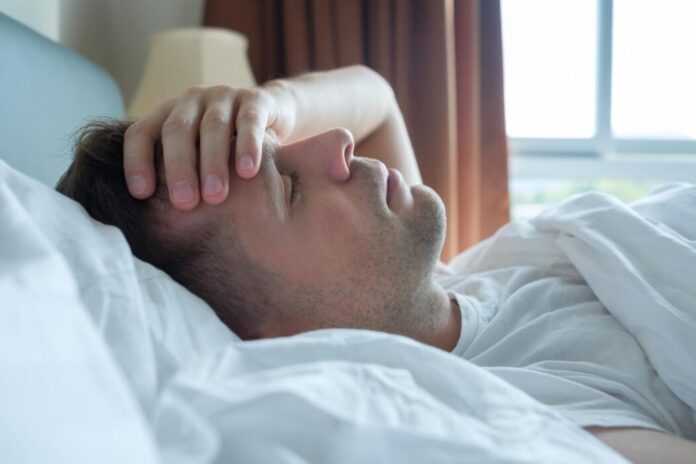The unsolved dilemma of the electronic age of today is chasing a perfect sleep cycle. With absolutely no idea about how you will do it, everyone seems to have made it a mantra.
Perhaps, it is the excessive tossing and turning in bed when you should be sleeping. Or it is drowning in the spiral of never-ending thoughts at night. Something always keeps us up!
What is quality sleep, and how do I improve it?
You’re probably familiar with how you need 6-8 hours of sleep daily. But to make sure you sleep soundly during those hours is of equal importance. If you’re having trouble sleeping at night and are drowsy during the day, then the following few tips might help!
Sleep And Wake At Fixed Times
The very first mistake we make is not abiding by the natural clock of our body. When you are more synced with your sleep cycle, it is easier to fall asleep and stays stimulated during the day.
Don’t alter your timings by pushing bedtime an hour or two because of work or a hangout. Instead, you can accommodate the work when you wake up early.
Having a regular sleep-wake cycle makes your body accustomed to the clock and takes away the rest’s random needs. Sleeping late, especially during the weekends, interferes with your routine. Have you ever wondered why Mondays are the hardest days of the week?
Could it be because of sleeping late on Sunday and then going to sleep late as well?
Manage Light Exposure
This is going to be a hard one for the nocturnal but daylight is important to sleep, more than you think. Daylight exposure stimulates your body, kind of like giving it a wakeup call.
A major reason why you may feel drowsy and restless all day is that you do not get enough daylight exposure. Plan your breakfast near a window or anyplace in the sun. The light on your face will help you wake up and stay stimulated.
And during the time nearing your sleep, go the opposite way. Avoid light, screens, or anything that illuminates. If you stay up late watching T.V or scrolling through the feed on your mobile, the light from the devices trick your body into believing it’s day time.
This results in an unnecessary delay in your sleep time and substantially reduces the quality of sleep. So the key is to manage daylight smartly!
Get Moving
I say this quite often but never just enough. Working and exercise impacts many aspects of your life, including sleep.
The humans were supposed to be hunters, moving about all day in a quest to bring down a beast. Not to lie around on the couch all day with feet up in the air. If you do not have enough physical activity during the day, you are then bound to feel aches in your body and trouble sleeping.
Exercising during the daytime increases the benefits in two folds. Firstly, it helps you get the daylight exposure that you need. And secondly, it gives your body enough time to recover from the tension once the bedtime nears.
Don’t place your workout near to bedtime, the effects may be the opposite, and you’ll have even more difficulty sleeping. The best time for working out is between waking up and breakfast.
Watch Your Diet
How well you sleep during the night has a lot to do with what you do during the day. Diet is as important for having a quality sleep as exercise, daylight exposure, and stress management.
Being smart about your diet not only keeps your weight in check but incorporates a healthier routine. Eating high sugar foods and carbs and eating a lot of them during the day will interfere with your sleep cycle.
Similarly, excessive nicotine or caffeine in your system can cause stimulation of up to twelve hours! No wonder you can’t sleep when you hit the bed at night. Drinking too close to your bedtime can also cause sleep difficulties when you’re out of stock.
You can sure well dodge a bullet by using fake urine during a drug test, but you don’t get out clean. Jet clean synthetic urine is, without a doubt, a reliable solution for an enrolment test, but if you want to improve your sleep, look beyond the quick-fix solution.
Practice Deep Breathing
Deep breathing is associated with numerous benefits. From reducing mental and physical health to improving your concentration and mood during the day, it does it all.
There is usually a minimum of six cycles per deep breathing practice and a maximum of as many as you can do. So spending a couple of minutes just breathing in the morning and another couple of minutes before bedtime will have its benefits.
Breathing deeply regulates your heart-rate and relaxes your body. It may be necessary for the morning to oxidize the muscles for stimulation. And helpful during the night to relax all the muscles after being exhausted during the day.
You can turn up the benefits even more by starting a meditation practice that revolves around deep breathing.


















